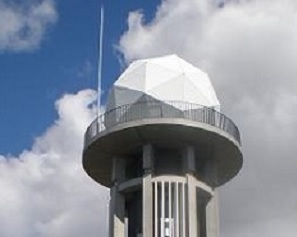International Cooperation
MSC engages in international cooperation activities.
CGMS
The CGMS (Coordination Group for Meteorological Satellites), established in 1972, supports global coordination of meteorological satellite systems. JMA has been involved in these activities since the Group’s establishment.
MSC representatives attend CGMS annual meetings and engage in associated CGMS projects such as GSICS and VLab.
GSICS

The GSICS (Global Space-based Inter-Calibration System) is a framework of international collaboration initiated in 2005 by WMO and CGMS. It is designed to provide users with high-quality inter-calibrated observation data from operational satellites. MSC contributes to GSICS in its role as a GSICS Processing and Research Center (GPRC) for optical imagers on the Himawari/MTSAT/GMS series of satellites.
Further information is available on the GSICS calibration monitoring page.
VLab

The VLab (Virtual Laboratory for Satellite Training and Data Utilization) was established to maximize the use of satellite data around the world. It is the result of collaborative efforts to connect the world's major satellite operators with WMO Centers Of Excellence in satellite meteorology. These Centers serve as satellite-focused training resources for WMO Members. JMA supports VLab activities in its role as a satellite operator.
Further information is available on the JMA Virtual Laboratory (JMA website) page.
AOMSUC
AOMSUCs (Asia/Oceania Meteorological Satellite Users’ Conferences) provide an excellent forum for members within the Asia/Oceania community to meet and enhance joint efforts in the utilization of satellite data and products for better weather, climate and disaster mitigation services. The Conferences have proven to be very effective in promoting satellite observation and determining possible application areas with focus on regional issues, providing information on recent advances in remote sensing science, fostering dialogue between satellite operators and the user community on current and future satellites, and engaging young scientists.
JMA hosted AOMSUC-12, AOMSUC-6 and AOMSUC-2.
DBNet

The DBNet (Direct Broadcast Network) is a WMO framework providing Numerical Weather Prediction (NWP) data users worldwide with up-to-date regional information from Low Earth Orbit (LEO) satellites. JMA has contributed to this framework for years, both as a regional receiving station and as the DBNet Asia-Pacific sub-coordinator.
Further information is available on the DBNet monitoring page.